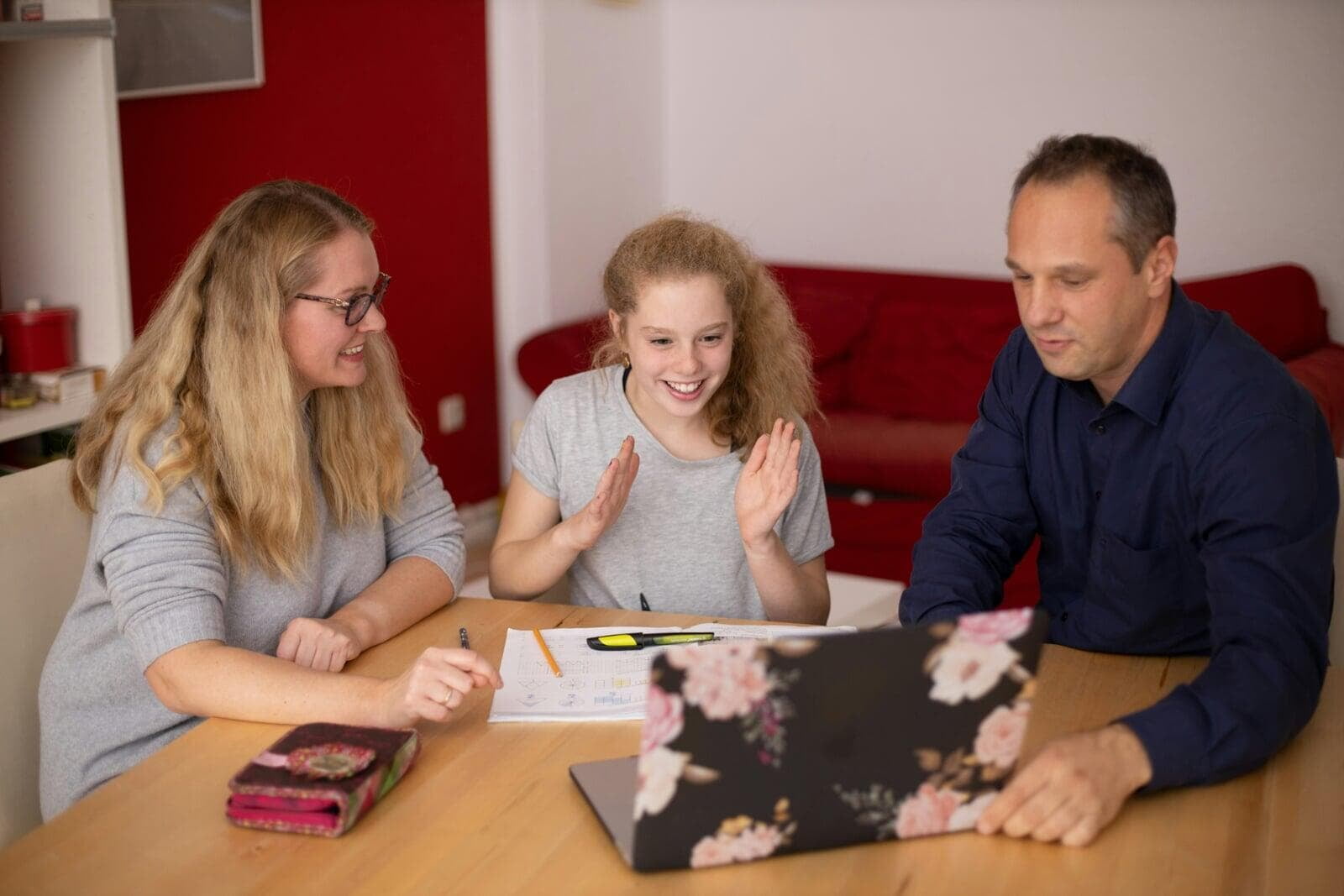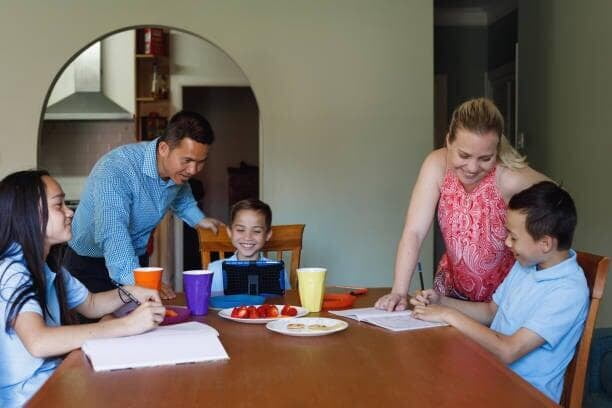

If a student decides to study a Bachelor of Journalism, for instance, average annual fees (as per the University Admissions Centre) for 2018 would be approx.. $6500. As the degree’s duration is 3 years, the total cost for this would add up to just shy of $20,000. Of course, there are additional costs, i.e. textbooks, student tutoring, post-graduate study, student exchange etc... The ongoing cost of educational fees for your child can prove to be difficult to manage for many. Some parents may no longer be working towards the end of their child’s schooling/ degree, and for many, the ongoing cost is simply too much. The nature of fees being ongoing and due annually; means that parents must ensure they are able to afford fees year-by-year. By investing in property, families are subject to clear a source of passive income, that will continue to grow and increase over time. The earning potential in property investment can allow parents the luxury of funding their child’s education, from Kindergarten, through to their university graduation.
*Australian Good Schools Guide – by way of a survey conducted by the Australian Scholarships Group (ASG), Good Education Group, 2017).